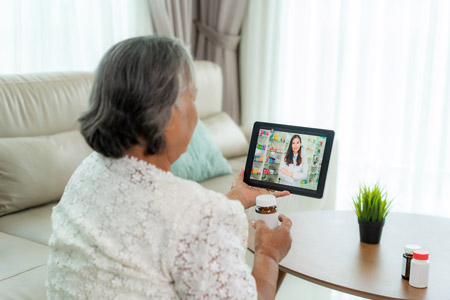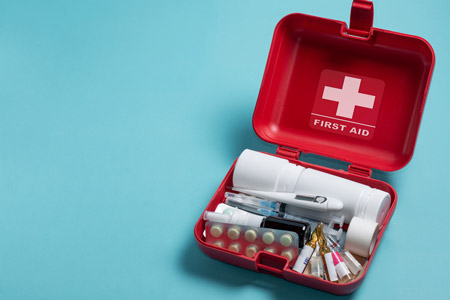


Adopting a Daily Self-Care Routine for Mental Health
For so many of us, our days are jam-packed with meetings, drop-offs, appointments, and work. This can mean mental health often takes a back seat to daily responsibilities and challenges.
Yet, our mental health has such a large impact on our overall wellness and ability to function from day to day. Luckily, incorporating a daily self-care routine can significantly improve mental well-being and overall quality of life.
In this article, we’ll explore how you can start to build a daily self-care routine that prioritizes your mental well-being.
Lay a Strong Foundation with Mindfulness and Gratitude
Start your day with a few minutes of mindfulness or meditation. This practice helps center your thoughts and set a positive tone for the day. Mindfulness can reduce stress, increase focus, and enhance emotional regulation.
Stress and anxiety management is a key part of keeping your mental health solid. There are so many different ways you can approach mindfulness and stress management — the key is about finding what works for you.
Beginning or ending your day with gratitude can shift your focus from what’s lacking to what you have. Keeping a gratitude journal can help you reflect on positive experiences and foster a sense of contentment.
Prioritize Your Physical and Nutritional Health
Regular exercise is not just good for the body but also the mind. Physical activity releases endorphins, which are natural mood lifters. Whether it’s a morning jog, yoga, or a gym session, find what works best for you and make it a daily habit.
A balanced diet rich in fruits, vegetables, and whole grains can have a profound impact on your mental health. Avoid excessive caffeine and sugar, which can lead to mood swings and energy crashes. Hydration is equally important, so drink plenty of water throughout the day.
Make Time to Connect with Loved Ones, But Set Healthy Boundaries
Social connections are crucial for mental health. Make time each day to connect with friends or family, even if it’s just a quick chat. These interactions can provide emotional support and a sense of belonging.
At the same time, it’s also essential to set boundaries to avoid burnout. Learn to say no to commitments that overwhelm you and carve out time for activities you enjoy. This could be reading, painting, or simply taking a walk in nature — your commitments and connections in your life can pause for a moment while you center yourself.
Incorporating these practices into your daily routine can help create a sustainable and effective self-care regimen. Remember, self-care is not a one-size-fits-all approach. Work with your mental health provider to find what resonates with you and commit to it. Your mental health is always worth the effort!
The information on this site is for informational purposes only and should not replace direct medical advice, diagnosis, or treatment from your doctor or another qualified healthcare provider.
Sources:
“Exercise and stress: Get moving to manage stress.” The Mayo Clinic.
“How to Boost Mental Health Through Better Nutrition.” American Society for Nutrition.


.jpg)
.jpg)
.jpg)


















.jpg)





















.jpg)

















.jpg)


























.jpg)
.jpg)
.jpg)









